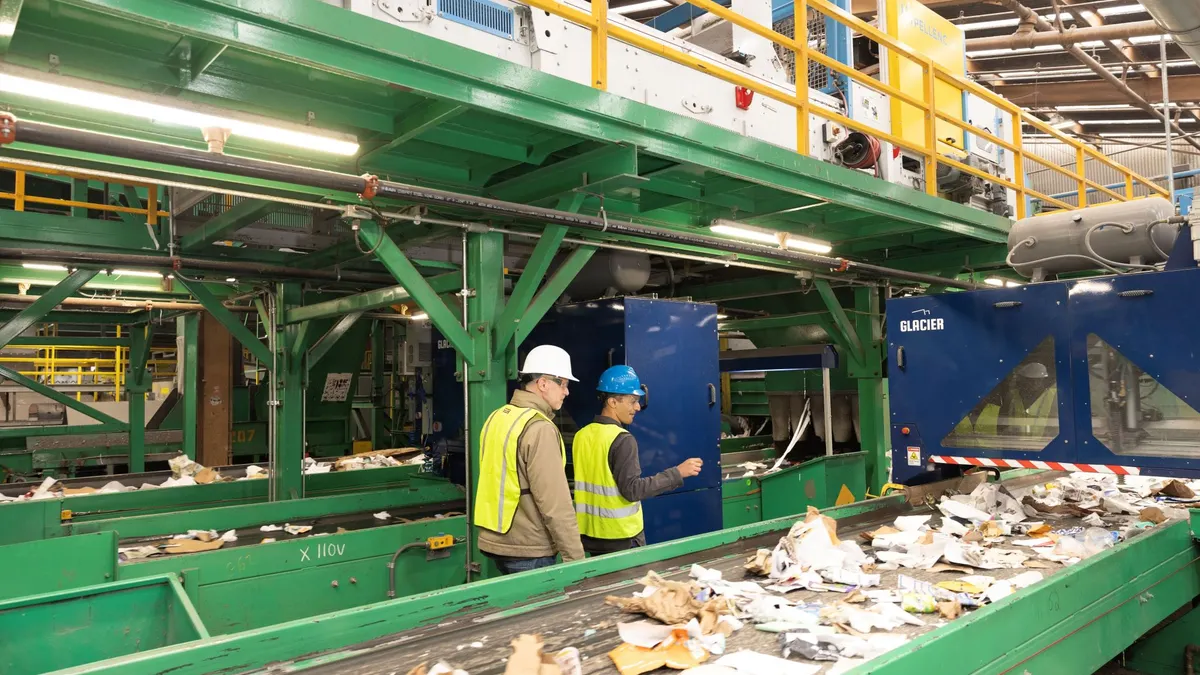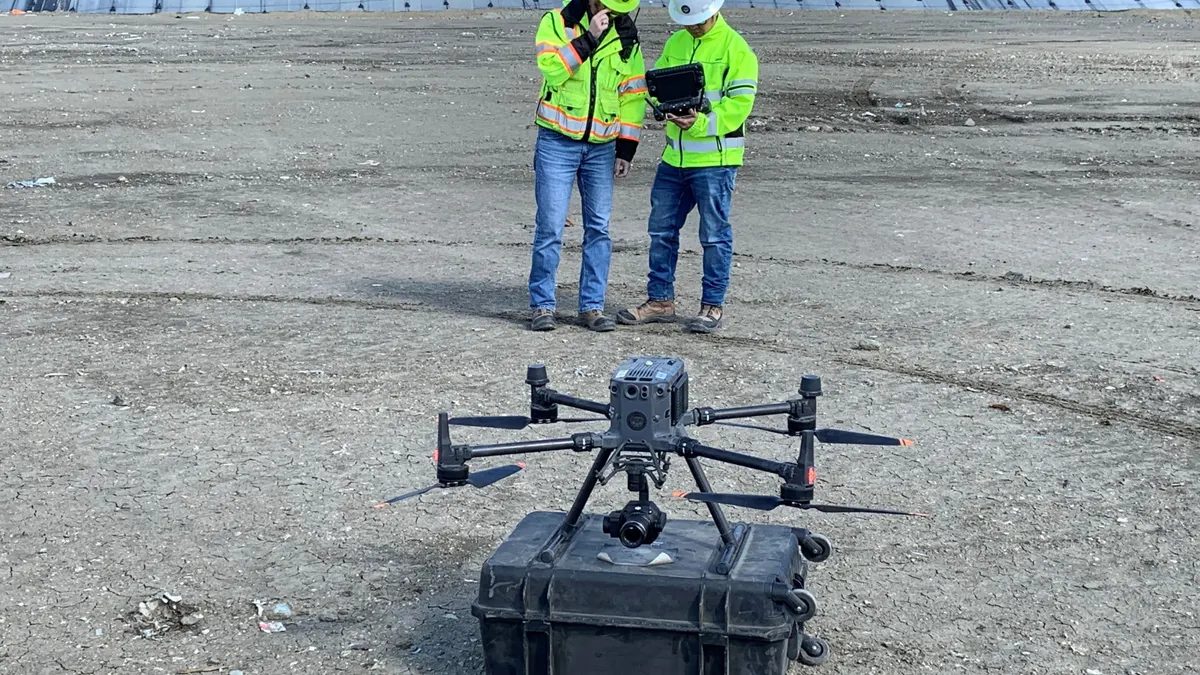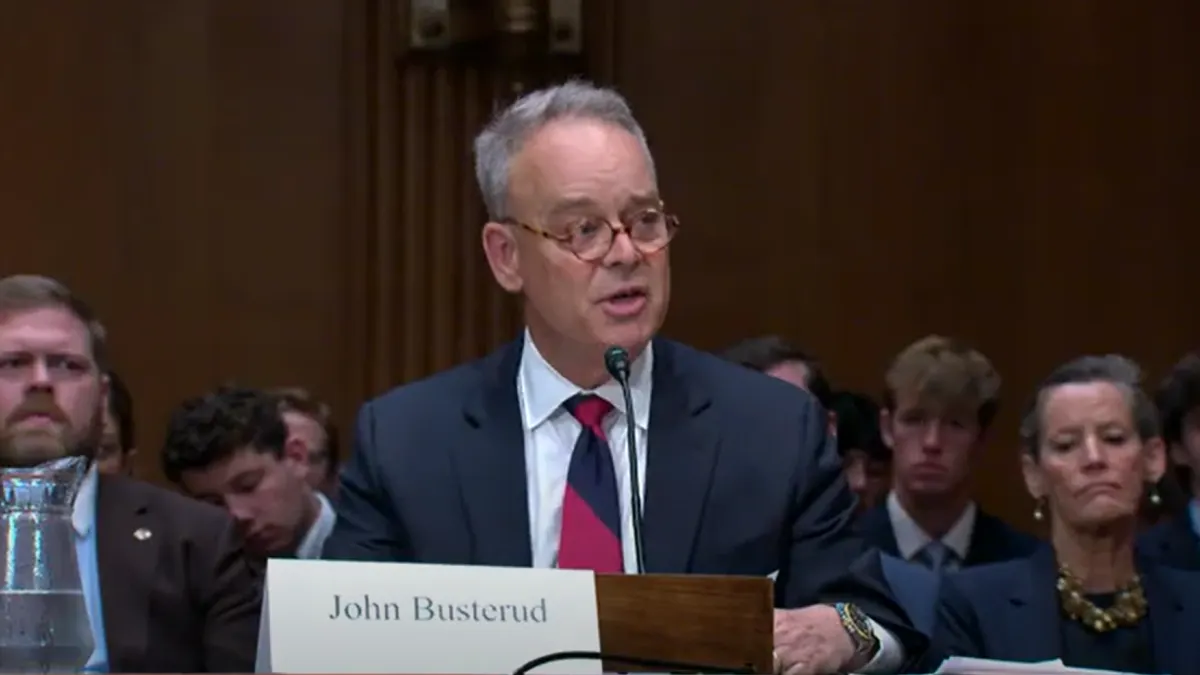Welcome to Scrap Collector, Waste Dive's Friday round-up of insights and stories you may have missed during the week.
DETROIT INCINERATOR FLAMES OUT AFTER DECADES OF CONTROVERSY
In a surprise move, one of the country's largest incinerators shut down earlier this week, as reported by The Detroit News, Detroit Free Press and other publications.
The decades-old Detroit Renewable Power facility, which has long been targeted with odor-related complaints and legal action, exceeded safe air emission limits more than more than 750 times between 2013 to 2017, releasing over 1,800 tons of hazardous emissions in 2016 alone. This excess presence of nitrogen oxides, sulfur dioxide, carbon monoxide, particulate matter and other criteria pollutants, according to the Breathe Free Detroit campaign, has carried visible public health repercussions: according to previous state research, Detroiters are three times more likely to be hospitalized for asthma than other Michigan residents.
Furthermore, advocates note, low-income communities of color disproportionately bear these environmental and health impacts: 87% of residents within one mile of the facility are people of color, and 60% live below the federal poverty line.
But that's now in the past, Detroit Renewable Energy CEO Todd Grzech confirmed on Wednesday, citing financial and community pressures as the main factors behind the incinerator's closure. The company, which purchased the site in 2017, reportedly invested $23 million in upgrades — but, said Grzech, "There is just not enough money out there to do it."
Instead, the 3,000 daily tons of trash will now go to area landfills, while energy formerly provided by the incinerator will be handled by the Detroit Thermal natural-gas facility — also owned by Detroit Renewable Energy. According to a statement from Mayor Mike Duggan, the transition isn't expected to affect the city's disposal costs.
"Those of us in the Breathe Free Detroit Campaign have been working for years for Detroiters' right to breathe clean air, for just transition for workers and residents once the incinerator closed, and movement toward zero waste," the campaign said in a statement. "We celebrate the closure of one of the world's largest incinerators, a facility that has been a bad neighbor for over 30 years, unable to comply with Clean Air Act laws and odor restrictions."
"We still produce too must waste and city leaders need to take the lead in waste reduction," it added. "This is an opportunity for Detroit’s elected leaders to help reduce global warming, and move toward environmental justice and a healthier future."
This marks at the least the fifth WTE facility shutdown in the U.S. over the past year, following completed or planned closures in California, Minnesota, New Jersey and Florida. The Energy Recovery Council, an industry trade group, did not respond to a request for comment.
IN OTHER NEWS...
"Tyranny of the minority" — National Geographic
That was the accusation leveled at the U.S. earlier this month after it successfully negotiated compromises on ocean plastics at the UN Environment Assembly. According to Hugo-Maria Schally, the EU's lead negotiator on marine plastics, virtually every country in attendance sought to address production and use of single-use plastics — except for the U.S., which elected to frame the issue as purely a waste management problem. As a result, the original goal of "phasing out" single-use plastics was replaced with the more conciliatory "significantly reducing" — and target dates were pushed back from 2025 to 2030.
"Single-use plastics are a problem," Schally told National Geographic. "There are a variety of ways to address the issue. Waste management is one, but not the only one. We need to look at alternatives and reduce the use by 2030. That's the global message."
"I would not say the U.S. is making itself irrelevant," noted David Azoulay, managing attorney of the Center for International Environmental Law. "But it is true that the U.S. is setting itself further apart, as it did with the withdrawal from the Paris accord, from addressing the critical challenges of our generation. The whole world is addressing the plastic challenge at its roots."
AROUND THE WORLD
1,500-year-old trash heap reveals ancient city's surprising decline — Live Science
Once a prosperous cosmopolitan hub in what is now Israel's Negev desert, the Byzantine city of Elusa collapsed with the arrival of Islam in the region — or so historians thought, until municipal garbage dumps revealed a very different story.
After carbon dating ancient refuse found in the trash heaps, researchers from the University of Haifa concluded that once-reliable municipal disposal services halted around the middle of the sixth century — almost 100 years before the empire's eventual collapse. According to a subsequent paper published in Proceedings of the National Academy of Sciences, the city's apparent abandonment of its trash mounds coincides with the Late Antique Little Ice Age — a climate event that ushered in significantly colder temperatures across the Northern Hemisphere and helped facilitate the Justinian Plague, which killed more than 100 million people by the end of 590.
The wealth of information unearthed in the trash, said lead author Guy Bar-Oz, suggests that the empire's outposts likely weren't enjoying the fruits of Rome's "glorious success" during this period.
"Instead, we are seeing a signal for what was really going on at that time and which has long been nearly invisible to most archaeologists — that the empire was being plagued by climatic disaster and disease," he said.
SEEN & HEARD
Why are recycling programs falling apart in some cities across the country? And how is NYC doing on this front? @nytimes reporter @mcorkery5 + @WasteDive editor @ColeRosengren answer those questions + more: https://t.co/SzhmVyQ4pG
— Brian Lehrer Show (@BrianLehrer) March 22, 2019
Hey, it's a new @grist ???? – @justcalma breaks down what PFAS are and what we're doing about it: https://t.co/pwLixhBGDF
— Daniel ????. Penner (@heypenner) March 22, 2019
In the largest shareholder vote result in recent years on packaging and recycling issues, 44% of @Starbucks shareholders holding $21 billion in investments support @AsYouSow's proposal for increased reusable cup usage!
— Kelly McBee (@Kelly_McBee) March 27, 2019


















